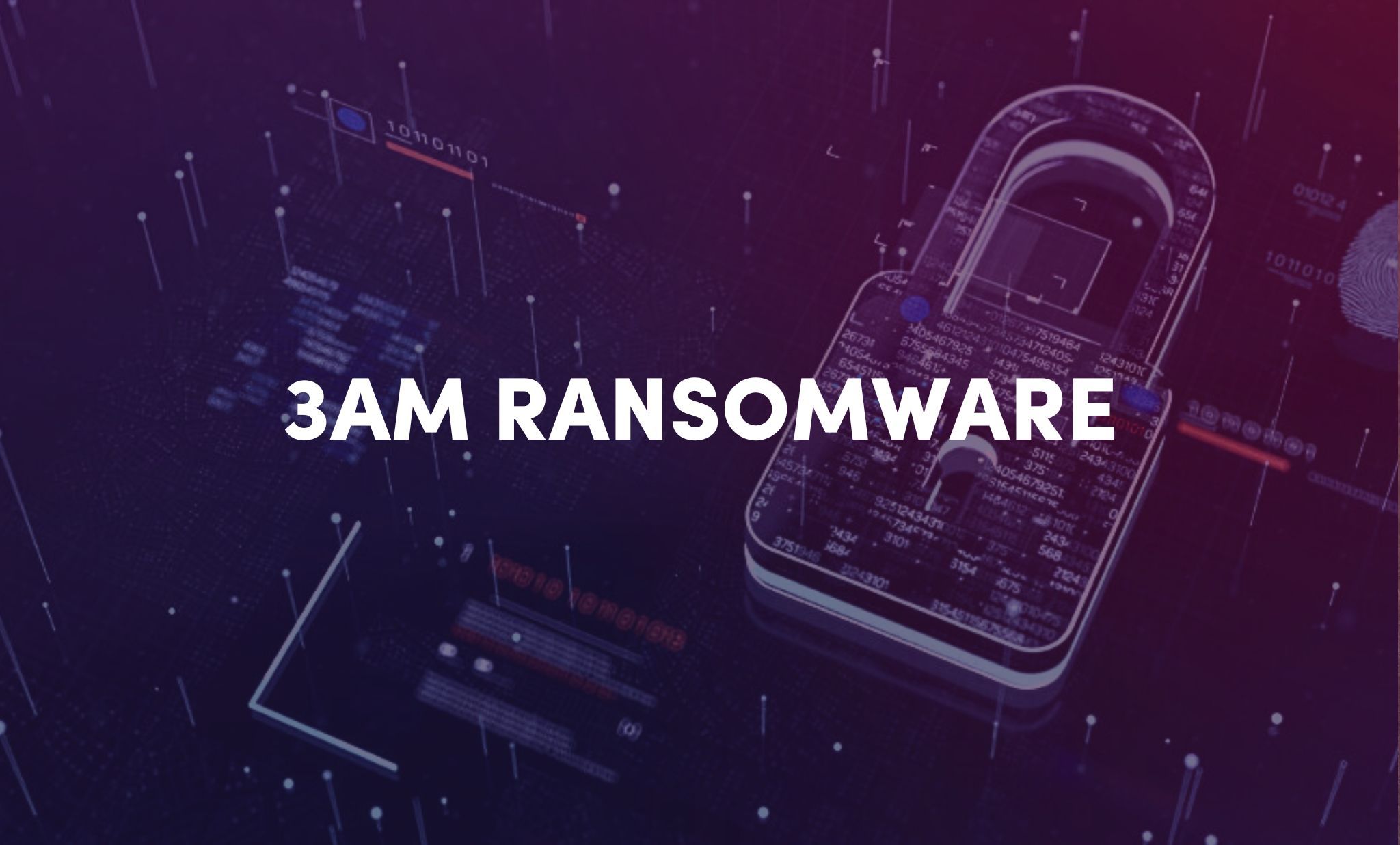3AM Ransomware Wreaks Havoc: 464,000 Kootenai Health Patients Impacted

Kootenai Health, a prominent not-for-profit healthcare provider in Idaho, fell victim to a significant cyberattack in early March 2024. The culprit behind this data breach is the notorious 3AM ransomware group, which managed to infiltrate the healthcare organization’s systems and exfiltrate sensitive patient information.
Investigations revealed that the cybercriminals gained unauthorized access to Kootenai Health’s network on February 22, 2024. This provided them with a ten-day window to move laterally within the system and steal valuable data. It wasn’t until March 2, 2024, that the healthcare provider detected unusual activity that disrupted access to critical IT systems, signaling the compromise.
The Scale of the Breach
The extent of the data breach is alarming. Kootenai Health has confirmed that the personal information of over 464,000 patients was stolen by the 3AM ransomware group. The compromised data likely includes a wide range of sensitive details such as names, addresses, Social Security numbers, medical records, financial information, and potentially other personal identifiers.
Impact on Patients
The consequences of this data breach for affected patients are severe. The stolen information can be used for identity theft, financial fraud, and medical identity theft. Patients may face a heightened risk of fraudulent activities, such as unauthorized credit card charges, medical claims, or attempts to obtain loans in their names.
Moreover, the exposure of medical records can lead to privacy breaches, with sensitive health information falling into the wrong hands. This can have significant emotional and financial repercussions for the affected individuals.
Kootenai Health’s Response
In response to the cyberattack, Kootenai Health has initiated an extensive investigation to determine the full scope of the data breach and the specific information compromised. The healthcare provider is also working closely with law enforcement and cybersecurity experts to mitigate the damage and prevent further harm to patients.
Additionally, Kootenai Health has implemented measures to enhance its cybersecurity infrastructure and protect against future attacks. These steps include strengthening network security, improving data encryption, and providing employee training on cybersecurity best practices.
Patient Support and Mitigation
Kootenai Health has urged affected patients to remain vigilant for signs of identity theft or fraud and to take necessary precautions to protect their personal information. The healthcare provider is offering credit monitoring and identity theft protection services to help mitigate the risks associated with the data breach.
Patients are advised to monitor their credit reports for any suspicious activity, review their bank and credit card statements regularly, and be cautious about clicking on links or opening attachments in unsolicited emails.
The Threat of Ransomware
The 3AM ransomware attack on Kootenai Health highlights the growing threat posed by cybercriminals to healthcare organizations. Ransomware attacks have become increasingly sophisticated and targeted, with healthcare providers being a prime target due to the sensitive nature of their data and the critical services they provide.
It is imperative for healthcare organizations to invest in robust cybersecurity measures to protect patient information and ensure the continuity of care. This includes implementing advanced threat detection and prevention technologies, conducting regular security assessments, and providing comprehensive cybersecurity training for employees.
Conclusion
The 3AM ransomware attack on Kootenai Health is a stark reminder of the vulnerabilities in the healthcare industry and the devastating consequences of data breaches. As cyber threats continue to evolve, healthcare organizations must prioritize cybersecurity to safeguard patient information and maintain public trust.
You think you have a story worth everyone’s time? SUBMIT A STORY and we will publish it.
Share this content:




Post Comment